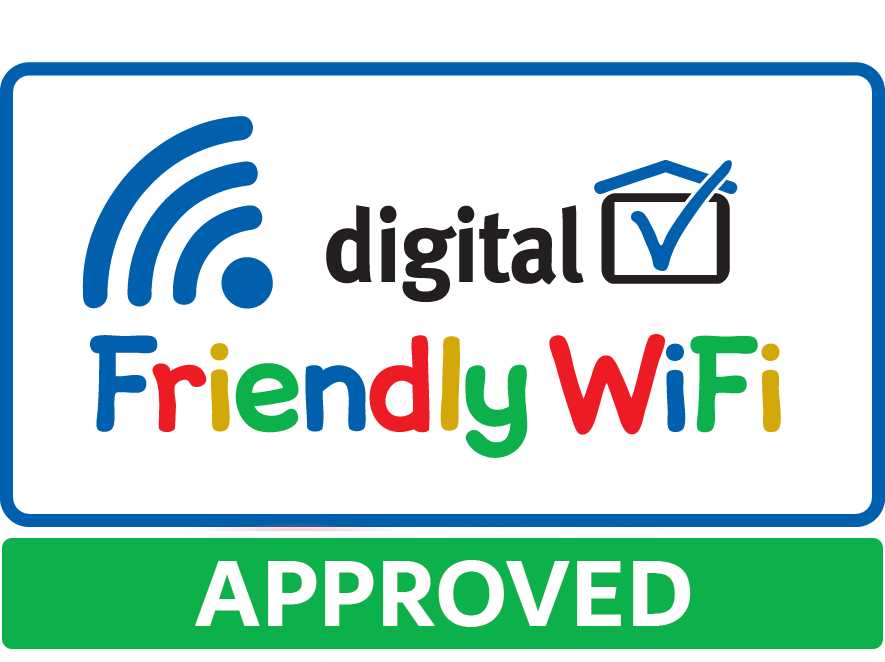Mathematics - Year 7
Click here to return to our Computing curriculum home page
Below you will find more specific information about the curriculum in Computer Science for students who have chosen this subject for GCSE, explaining to you what students will learn, when, why and how. There is also information about how parents/carers are able to support students in their learning, extra-curricular opportunities in this subject and how it links to other subjects and the wider world.
|
Subject Key Concepts #1 Logical Thinking#2 Programming Language#3 Operations#4 Systems#5 Data#6 Online Security#7 Digital Artefacts#8 Analysing DatePlease click here for Subject Key Concepts. |

Please click here for PDF |
Curriculum Overview for the Year
|
||||||||||||||||||||||||||||||||||||||||||||||||||||||||||||||||
|
||||||||||||||||||||||||||||||||||||||||||||||||||||||||||||||||
Useful documents:
Please click here for a PDF of curriculum overview.
While this information covers a broad range of areas, please do get in touch with the Subject Leader Mr Pieterse if you have any questions.
Please click on the questions below to find out more.
Which exam board will students be examined by?
OCR
How are groups organised?
We organise our classes by mixed ability. The students have five one-hour lessons per fortnight.
What characteristics does a successful student have in this subject?
The most successful students in Computer Science will be passionate about programming and enjoy solving problems. They will also be interested in the inner workings of a computer and cyber security. They will have excellent Maths skills, the ability to analyse problems and have a systematic approach to work and problem solving.
How will students learn at this level?
Practicing different programming skills
Frequent revision of topics
Paired learning in class
Exam question practice
Independent research
Note taking
Observing peers
How will students’ learning be assessed at this level?
Component 1: Computer systems
Written exam – 1 hour 30 minutes
80 Marks
Accounts for 50% of the GCSE
Calculators are not allowed.
Component 2: Computational thinking, algorithms and programming
Written exam – 1 hour 30 minutes
80 Marks
Accounts for 50% of the GCSE
Calculators are not allowed.
When do key assessments take place?
All exams take place in either January and/or June each year.
How can parents/carers support students’ learning?
Ensure that the students work through past papers and mark schemes throughout Y10 and Y11 as part of the student’s personal revision plan. (Supplied by teacher)
Students to attend after school revision sessions regularly, which usually starts in November during Y11.
Ensure that the students study for all tests/mock exams.
Acquire a Revision booklet (OCR approved)
What equipment do students need for this subject?
Essential school equipment, including pen, pencil, eraser, calculator and headphones.
Access to the internet to use MS Teams, etc.
How does this subject link to other subjects?
Maths: mathematical logic and calculations
Tech (Engineering): Boolean algebra and switching theory wrt electronic circuitry
What websites or resources may be helpful to support students’ learning?
OCR exam board information
https://www.ocr.org.uk/qualifications/gcse/computer-science-j277-from-2020/
Craig and Dave computer science resources
https://student.craigndave.org/gcse-ocr-j277-computer-science-videos
What extra-curricular or enrichment opportunities are available for students in this subject at this level?
Computing club every Tuesday/Friday during lunch in T13 where they could work on their game development.
What sort of careers can this subject lead to?
Look at the following website for ideas about careers in Computer Science:
https://www.prospects.ac.uk/careers-advice/what-can-i-do-with-my-degree/computer-science
What does student work look like in this subject at this level?
Students are encouraged to present all work in digital format and stored in an online environment such as MS Teams and Satchel One.
How does this subject support a broad and balanced curriculum, meeting the needs of all students, and developing traditional core skills?
Broad and balanced
GCSE Computer Science will prepare students to participate confidently and successfully in an increasingly technological world. Students will gain awareness and learn from wider influences on Computer Science including historical, social, cultural, environmental and economic factors. Students will get the opportunity to work creatively when analysing, designing, developing, testing and evaluating their programming tasks and apply technical and practical coding expertise.
Meeting the needs of all students
Lessons are taught in mixed ability groups. Every lesson is differentiated to ensure students of all abilities are stretched and challenged. A combination of theoretical and programming lessons give students the opportunity to excel in different areas according to their own strengths.
Traditional core skills
Science – algorithms, data structures, programs, architecture, communications, modelling, computational thinking and methods, generalising as well as designing, writing, testing explain and debugging programs
Maths – computational calculations such as basic mathematical calculation, area, volume, squares, file sizes and much more.
English – reading, writing exam answers and high quality work, communication.
How does this subject promote creativity, critical thinking, practice, perseverance and resilience, and making links?
Creativity
Students are encouraged to think creatively and iteratively when experimenting, designing and writing programs. A broad range of processes and techniques are used to enthuse students during lessons.
Critical thinking
Students will use knowledge and understanding to complete practical tasks(application). While working on a practical task, they will break things down in their component parts (decomposition/analyse). They will be able to combine and integrate various sources of information and data (synthesize). At the end of a programming task, the students will be able to assess the value, merit and worth of the solution they produced (evaluate).
Practice, perseverance and resilience
Students are encouraged not to view the course as a linear process to be followed in a step by step manner, rather, students should be encouraged to follow the iterative learning and programming processes. Students will learn that it is ok for programs and coding to go wrong as long as we learn from this and seek solutions! In the same way we’ll build up their knowledge skills and understanding over the duration of the course with regular revision, assessment and recall.
Making links
Computer Science permeates all areas of life and will therefor infiltrate all subject areas as a result. From complicated calculations and equations in Maths and Physics when simulating the universe to Artificial Intelligence and voice recognition/translations (languages) in a device such as an Echo dot (Alexa) where you have the internet in spoken words at your fingertips. Not to mention wearable technology such as a Fitbit that can monitor and analyse a plethora of data form the exercises you undertake and present them on your smart phone.
How does this subject encourage enrichment and the development of cultural capital, deep learning, and inclusivity?
Enrichment/cultural capital
Students are encouraged to consider how Computer Science technologies are designed and programmed when taking into account aspects such as computer and information accessibility for disabled users, the elderly, other disadvantaged groups, etc. They also need to show awareness of environmental issues regarding technology and disposing of it. Other factors to consider include the ethical, legal, moral and cultural issues that are linked to the development of digital technologies.
Substance/deep learning
Students will have the opportunity to study specialist computer science principles in great depth and explore emerging technologies such as artificial intelligence and machine learning in preparation for KS5. They will learn how the programming software they design and write must satisfy the wants or needs of the user and be fit for their intended use.
Open and inclusive
Every topic within the course is fully accessible to all students through differentiation in lessons and a variation of teaching strategies when delivering lessons depending on the needs of individual students.






